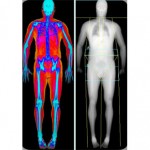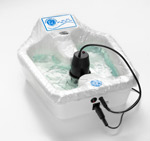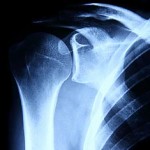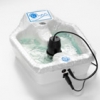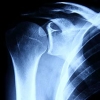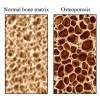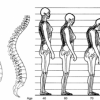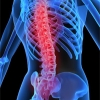It is possible! I find out your muscle weight through a couple of my programs – fitness training, and the Healthy Weight Program.
I use low-radiation x-ray scanning technology called DEXA. The DEXA software measures all of the body’s lean tissue and records it in grams and is extremely accurate! Your total Lean Tissue score (in grams) represents all lean tissue including those such as your lungs, kidneys, spleen and muscles. Since muscles are your only tissue which changes on a regular basis, any changes in the Lean G score indicates changes in muscle weight only.
For example:
If your initial score was 45,000g and your second score was 45,500g you have gained 500 grams (0.5kg) of muscle between scans. Conversely, if your score goes down on the second scan to 44,500g you have lost 500 grams of muscle. This can unfortunately happen, especially if you attempt to “starve” yourself by trying various low caloric diets. This will be explained fully in Chapter 8.
Muscle weight can also be gained quite rapidly as well, especially if you follow a progressive weight training program. Men will show more gain than women on this kind of a program, but it is important to remember that having strong heavy muscles does not mean you are overweight. It only means that you have good healthy tissue for sports and activity!
There are no current recommended ranges for Lean (G) Tissue, but we offer a general range based on minimal muscular requirements and our experience with hundreds of DEXA scan results:
Females, greater than 32,000 Lean grams (32kg)
Males, greater than 42,000 Lean grams (42kg)
You may also take the Canadian Standard test for muscle strength and endurance. To reach a recommended score you need to be in the Average, Above Average, or the Good category. Measuring your bone and muscle on a regular basis is a valuable health screening practice for one main reason: you do not want to be losing these two important weights.
Want to build or see your current muscle weight? Contact me for more details.
